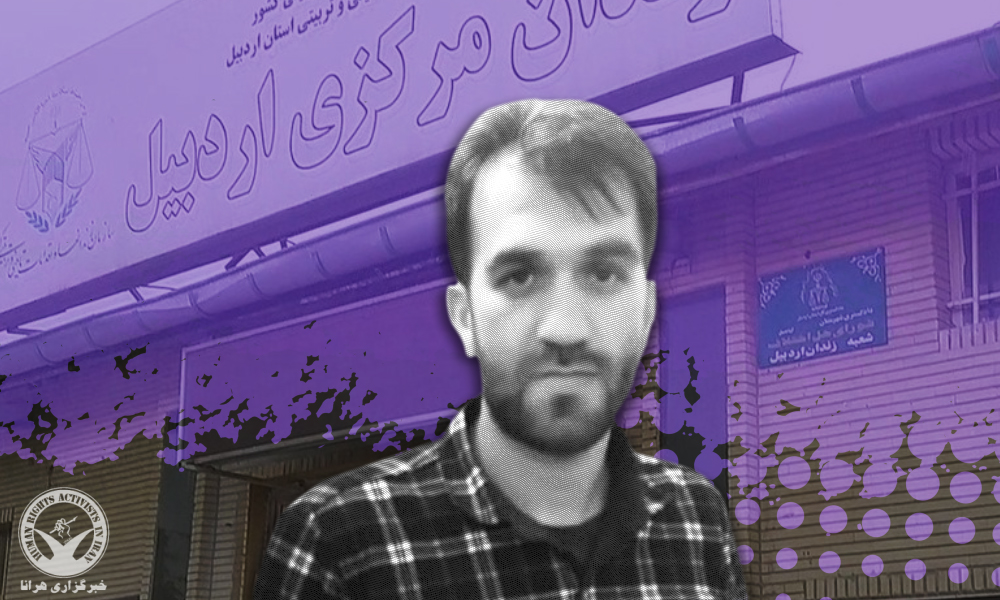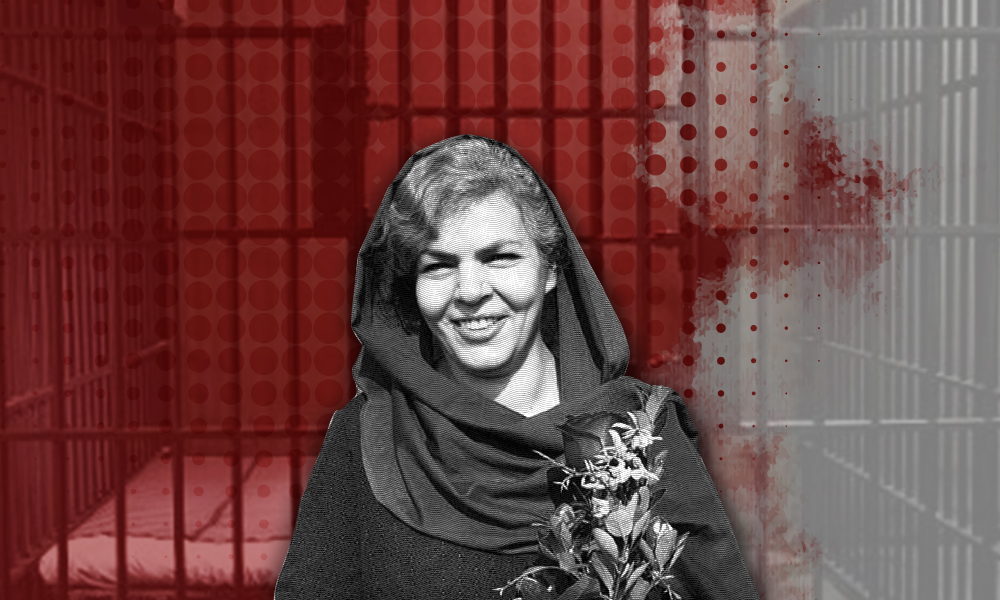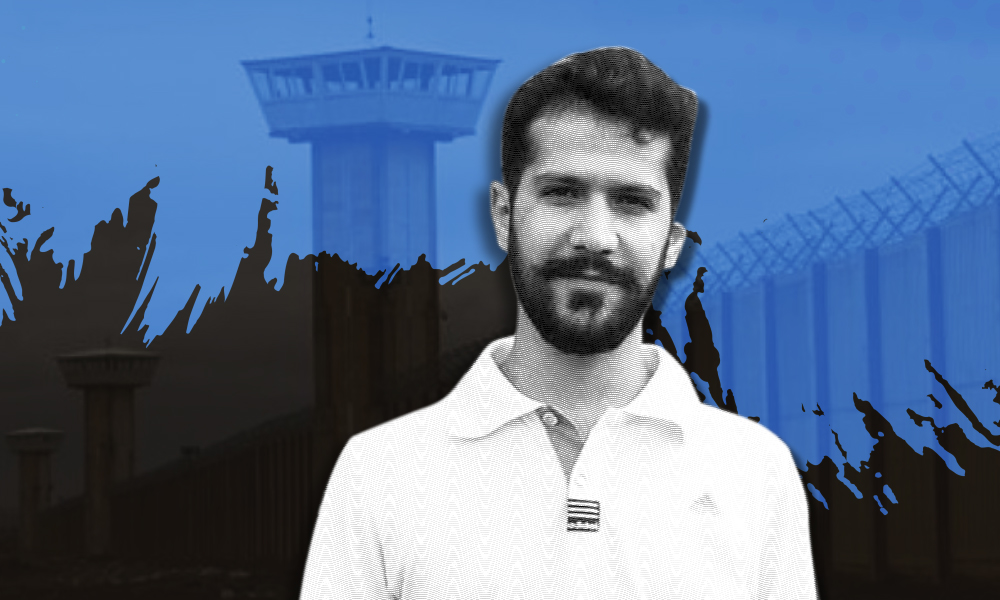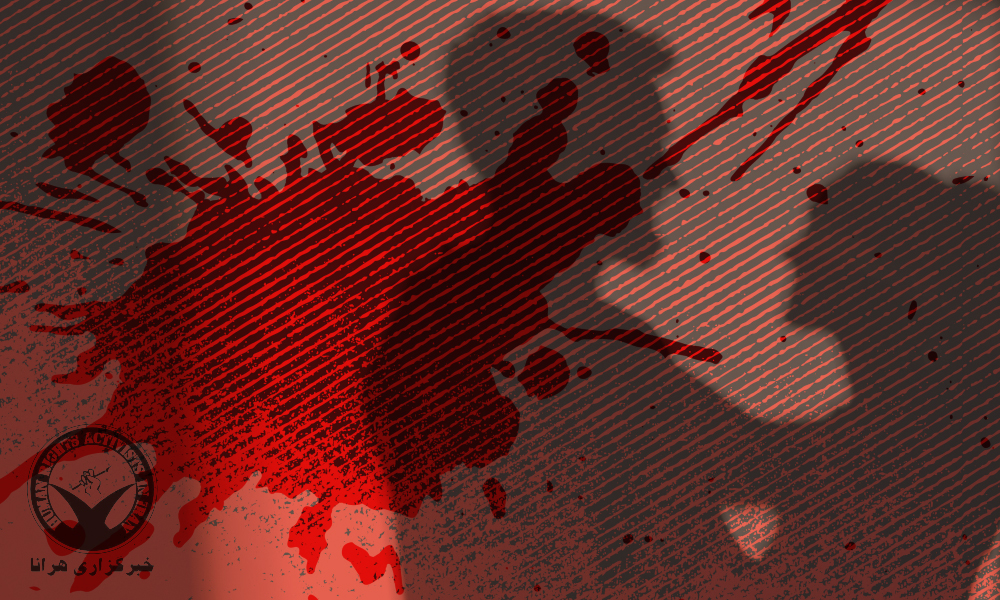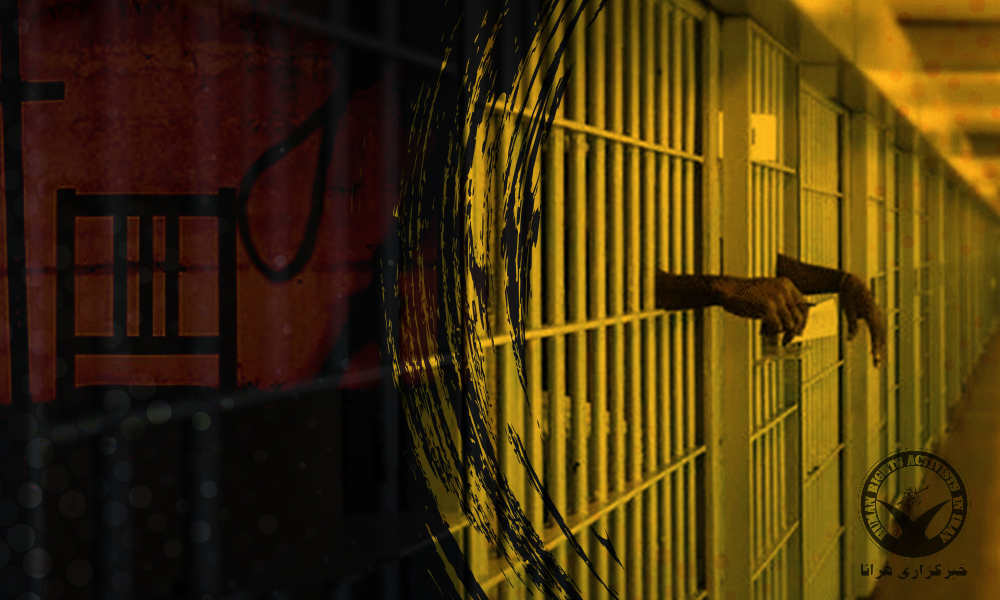Following turnover in the Tehran-Municipality-owned Hamshahri newspaper’s managerial board, the extension of staff members’ contracts is being influenced by answers they give to a set of probing personal questions about their lifestyle and beliefs.
According to HRANA, the news agency of Human Rights Activists, quoting Fararu, employees are being asked questions such as “Why haven’t you married?” and “Why didn’t you vote in the election?”.
“It seems to be very serious,” journalist Mohsen Zohuri, commented. “They held an inquisition meeting for the journalists of Hamshahri and asked the question like ‘Why don’t you go to Congregational prayer?’, ‘Did you vote on such and such election?’, ‘How many chapters of Quran have you memorized?’, “Why did you get divorced?’ or ‘Why haven’t you married?’ ”
Changes in management in Tehran Municipality led to the appointment of a new director at Hamshahri newspaper. The new director has reportedly spearheaded this new procedure for extending contracts, and it is being applied to even the publication’s most tenured reporters.
“The new management in Hamshahri newspaper has set an inquisition meeting for its well-experienced and professional journalists,” a member of the Board of Directors of the Journalists’ Guild Association wrote on his personal page on social media. “They have to answer the irrelevant questions which means nothing but spying on personal lives and has nothing whatsoever to do with their occupation. I hope someone comes forward to explain that.”




